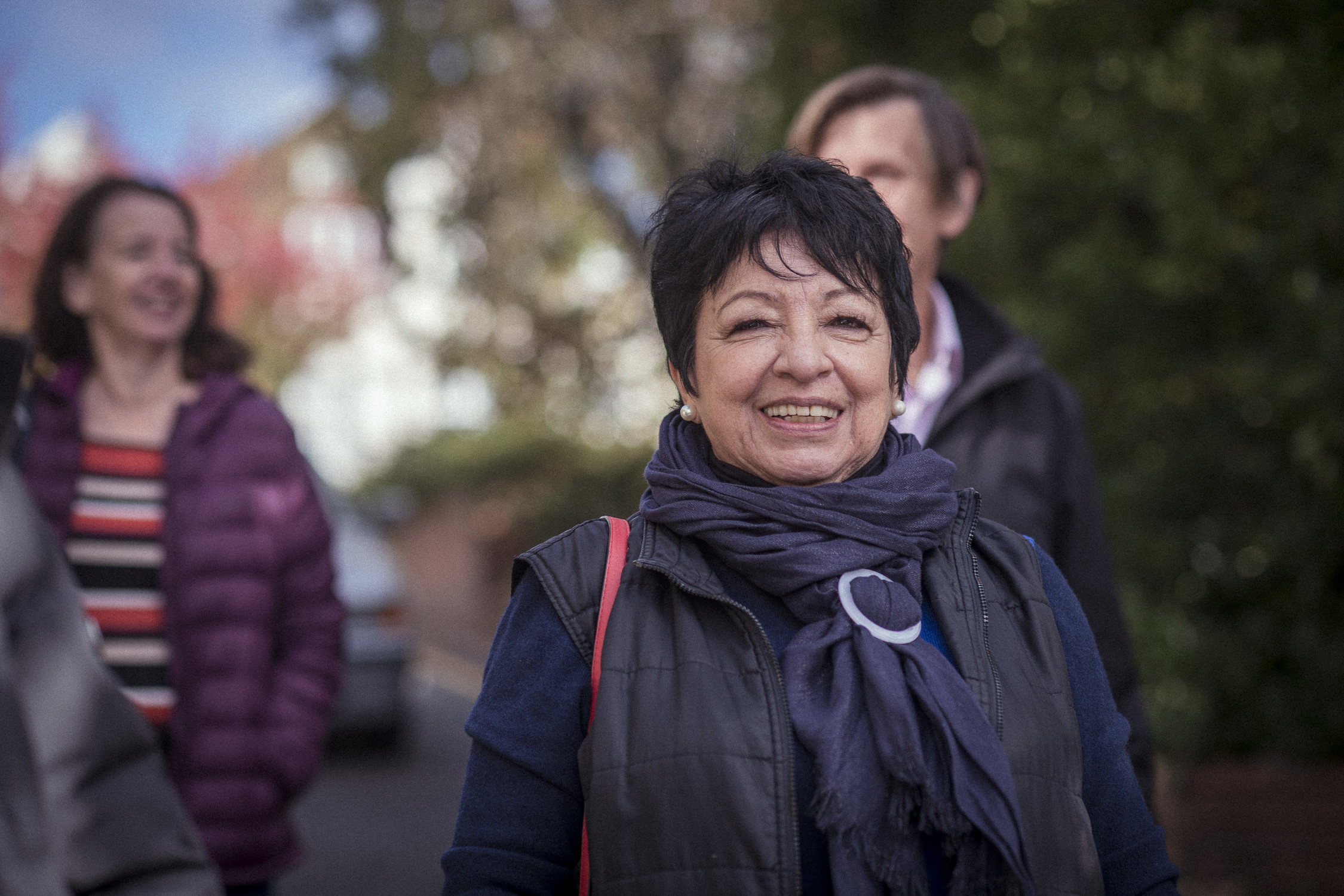The Women and Equalities Committee has launched a new inquiry on the rights of older people, examining whether ageist stereotyping and discrimination is preventing them from participating fully in society, and is inviting written submissions on how to tackle the issues affecting their lives.
The inquiry will consider key issues from older people’s own perspectives and those of expert witnesses and advocacy organisations. It will analyse whether there is sufficient Government focus on issues faced by older people and look at whether there is an adequate framework to champion older people’s rights, including in the machinery of government.
The 2021 census confirmed that people aged 65 and over made up a substantial and increasing proportion of the UK’s population. More than 11 million people were aged 65 years or older in 2021 – 18.6% of the population, up from 16.4% a decade earlier.
Chair of the Women and Equalities Committee, Rt Hon Caroline Nokes MP said: “Older people often face barriers in their day-to-day lives from digital exclusion to labour market access, that prevent them from accessing vital services or effectively progressing in the workplace. The Committee’s inquiry will examine key issues for older people from an equalities perspective
“It will focus on the impacts of ageist stereotypes and discrimination on older people’s participation in society and consider the mechanisms and governance structures in place to protect and champion older people’s rights. While England has a Children’s Commissioner, there is no equivalent for older people.”
Terms of reference
The Women and Equalities Committee invites written submissions by Tuesday 31 October 2023 addressing any or all of the following questions:
• What steps are required to prevent older people from being digitally excluded; and in what areas is digital exclusion of older people a particular concern?
• Are older people’s rights sufficiently protected in equality law (including with reference to justifiable direct age discrimination and age-related exemptions for financial services)?
• Are older people’s needs and rights given adequate consideration in Government policy-making? If not, what steps should be taken and what relevant national and international examples of best practice exist?
• How does “intersectionality”, for example sex, sexual orientation, ethnicity and disability status alongside age, impact older people and require distinct policy responses?
• How prevalent is ageist stereotyping and discrimination; what forms does it take; in what areas is it most common; what its impact is on older people; and how can it best be challenged?
• What more needs to be done to support older people who want to stay in work longer?
You can find out more here: https://committees.parliament.uk/committee/328/women-and-equalities-committee/news/197544/new-inquiry-the-rights-of-older-people/
